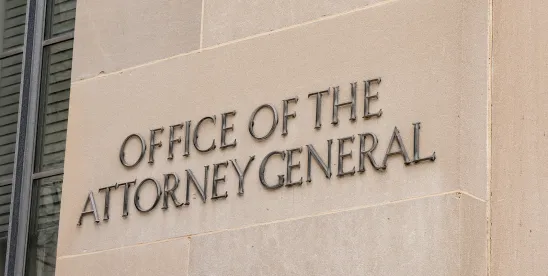Recently, the Department of Justice (DOJ) Criminal Division launched a pilot program promising “mandatory NPAs to incentivize individuals (and their counsel) to provide original and actionable information.” This most recent program provides a concrete benefit to attract tips on corporate crime that DOJ would not otherwise learn.
Effective April 15, 2024, the Pilot Program on Voluntary Self-Disclosures for Individuals outlines several criteria for those providing information to avoid prosecution for their own participation in the reported criminal activity. For example, the information must be original, non-public information not previously known to the DOJ. The information must also fall into particular categories, such as financial institution fraud, violations of the Foreign Corrupt Practice Act and money laundering statutes, and health care fraud committed through companies with 50 or more employees. Moreover, the reporting individual must agree to forfeit or disgorge any profit from the criminal activity and must pay restitution. There are other limitations on the role that the reporting individual must have to avail himself or herself of the protections of the policy; for example, the individual cannot be the chief executive or chief financial officer. A copy of the complete policy is available here.
In early March, DOJ announced a “90-day sprint” to develop the policies surrounding its new Whistleblower Pilot Program. At the time, DOJ conveyed it would “spend the next several months designing and then launching a pilot program to pay monetary rewards to whistleblowers,” with the Criminal Division at the forefront of that effort. This week’s self-disclosure pilot program launch is a step toward clearing the path for whistleblowers to come forward to the Criminal Division.




 />i
/>i

